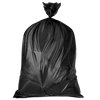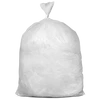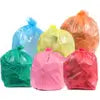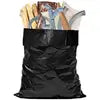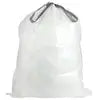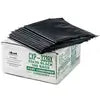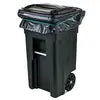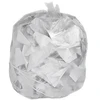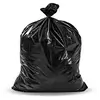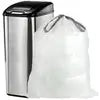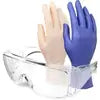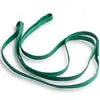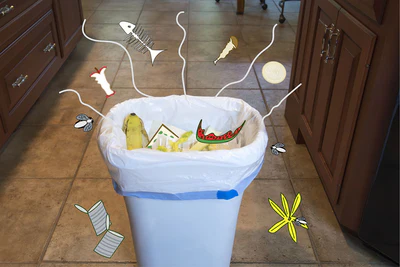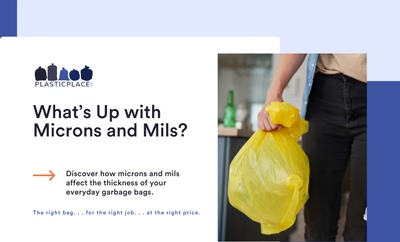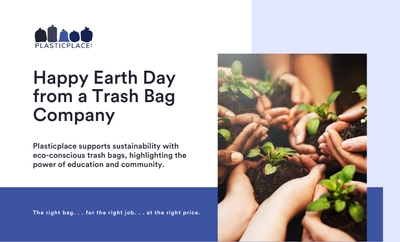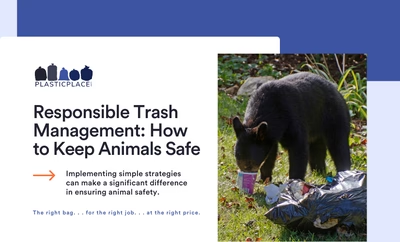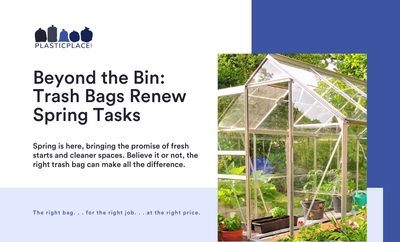Source: Anna Hoychuk/Shutterstock.com
So, your bologna cake didn’t pan out. And you can say with certainty that avocados don’t belong anywhere near spaghetti sauce. But your Doritos cereal was a surprising, though shameful, winning recipe. No worries, we won’t tell anyone.
Your food blog hopping may have you feeling guilty about tossing your food waste in black garbage bags. You’re building a compost bin to make amends. And now you’re wondering what goes in a compost bin.
Environmental Impacts of Our Food Waste
Americans waste at least a third of our food. It’s bad enough that food waste squanders the water and energy used to bring that food into existence. Our rotting food is also cooking up a greenhouse gas that traps far more heat than carbon dioxide.
When we throw away the fresh vegetables we optimistically purchase or the pasta we overcook, we’re contributing to methane production. According to the EPA, “Methane is more than 25 times more potent as carbon dioxide” at trapping atmospheric heat. About 20 percent of global emissions are methane gas.
As potent as methane is, this greenhouse has a silver lining. Unlike carbon dioxide, methane gas is very short-lived. That means reducing methane in the atmosphere would have fast and positive effects on global warming.
Currently, food waste takes up about a quarter of our landfill space. That food waste emits greenhouse gas equivalent to 42 coal power plants. The water and energy used to produce that wasted food could supply 50 million homes.
Reducing your food waste and composting at home is a great way to do your part in reducing methane gas emissions.

Source: HollyHarry/Shutterstock.com
Benefits of Composting at Home
Composting at home is more than a great way to fight global warming.
The compost you create is rich in important soil nutrients. Your food and yard waste decomposes into compounds that keep your plants healthy. Creating your own compost benefits you and your yard in several important ways.
- Increase the nutrient content of your soil.
- Improve the composition of your soil to allow water and air to move through it more readily.
- Improve the health of microorganisms important to the health of your soil.
The plants and produce you grow will be healthier when you use compost. You won’t need to resort to chemical fertilizers to have a beautiful garden.
What Can Go in Your Compost Bin?
Your compost bin requires two basic materials: browns and greens.
Brown Material in Your Compost Bin
The brown material provides carbon for your compost and includes dead leaves, cardboard and branches. The following are some examples of brown material you can put in your compost bin:
- Shredded newspaper
- Cardboard and paper
- Hay or straw
- Wood chips and sawdust
- Non-synthetic materials such as cotton or wool
- Hair or fur
Green Material in Your Compost Bin
The green materials provide your compost with nitrogen. Green material includes grass clippings and food waste. The following are more examples of green materials:
- Fruit and vegetable scraps
- Tea bags (check the manufacturer to make sure the bag is made of compostable material)
- Coffee grounds and filters
- Cooked and uncooked plain pasta
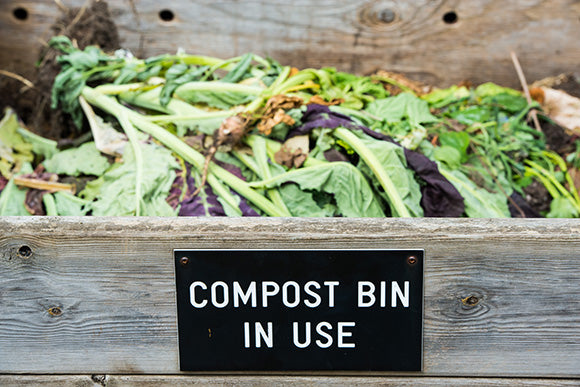
Source: Konmac/Shutterstock.com
Don’t Compost These Materials
Some materials will attract rodents, raccoons, flies or other pests. These materials will also cause a putrid smell. These include dairy products, meat, fish and bones. Cooking grease and oil will also attract unwanted pests.
Other organic materials may introduce harmful bacteria or other unwanted organisms into your finished compost. These include pet waste, weeds and diseased plants.
Some organic materials may be harmful to the plants you grow using your finished compost. These include charcoal ash or yard clippings treated with pesticides.
Reduce Food Waste While Composting
If we weren’t clear before, we’ll spell it out for you now: Dorito cereal soaked in Mountain Dew does not belong in your compost bin.
But you can still put a surprising number of items in your compost bin. Overcooked pasta? You bet — as long as it isn’t covered in oil or tomato sauce. Overripe avocados are affirmative. But a bologna cake with mayonnaise frosting should not even exist anywhere in the universe, especially your compost bin. When food waste can’t go in your compost bin, toss it in eco-friendly garbage bags from Plasticplace.com.
 4.9 out of 5
4.9 out of 5 











